14 GPTs for Ancient Civilizations Powered by AI for Free of 2025
AI GPTs for Ancient Civilizations are advanced artificial intelligence tools designed to facilitate and enhance research, learning, and exploration in the domain of ancient civilizations. These tools leverage Generative Pre-trained Transformers (GPTs) to analyze, interpret, and generate content related to historical periods, cultures, languages, and artifacts. By providing tailored solutions, they enable users to delve deep into the nuances of ancient societies, offering insights that are both comprehensive and accessible. The integration of GPTs in this field marks a significant advancement, allowing for a more nuanced understanding and engagement with the past.
Top 10 GPTs for Ancient Civilizations are: Archaeo Adventurer,FRARANG, Fragrance of Princess,Aurelius Archivist,Dr. Alex Rutherford - REALITY VENTURES,Guardião do Passado,Ancient History AI,Great Grandparents 500BC - 0 AD🕰️🌍,Pole Shift: Legacy of the Ancients,Ramesses II ➰ History Chat,1600-1400 BC
Archaeo Adventurer
Uncover ancient secrets with AI
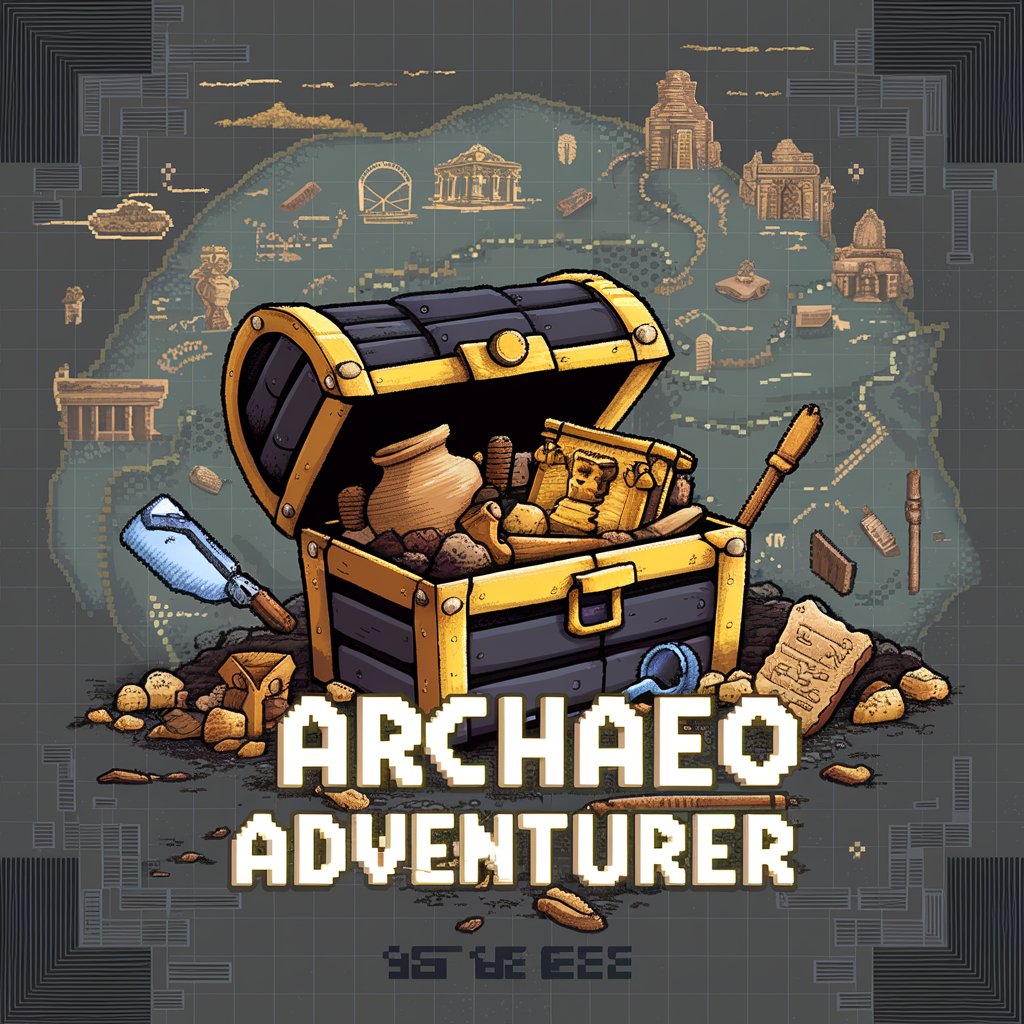
FRARANG, Fragrance of Princess
Discover the legacy of Princess Frarang with AI

Aurelius Archivist
Unlock the Secrets of Rome with AI
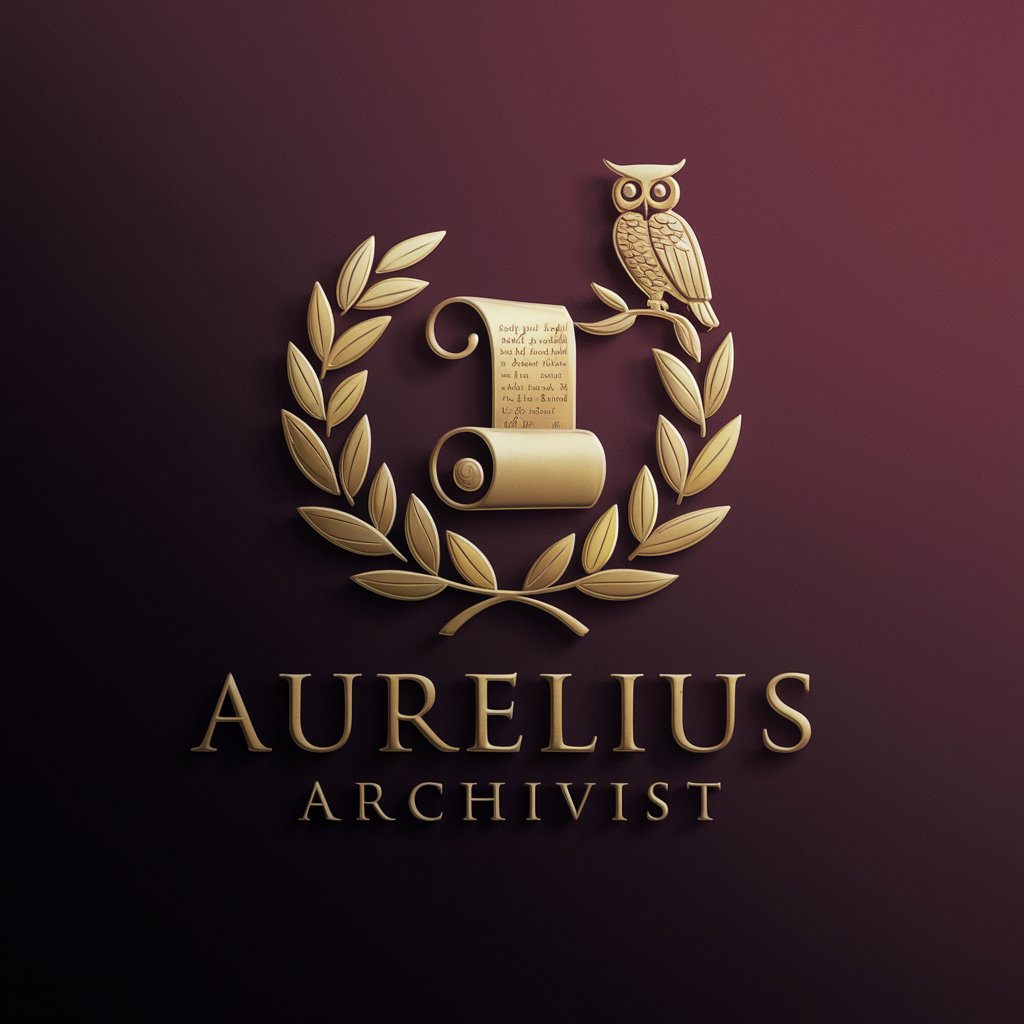
Dr. Alex Rutherford - REALITY VENTURES
Uncovering History with AI
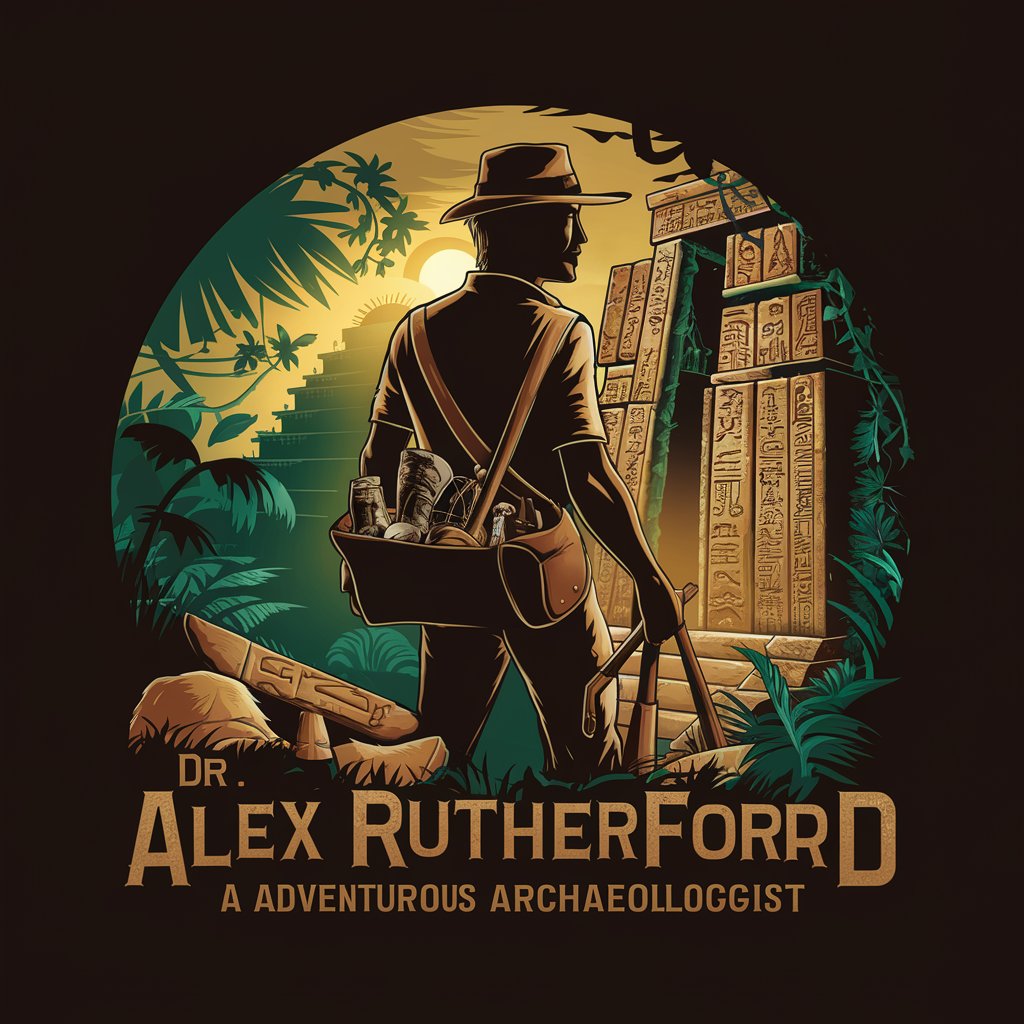
Guardião do Passado
Unlocking the Secrets of the Past with AI
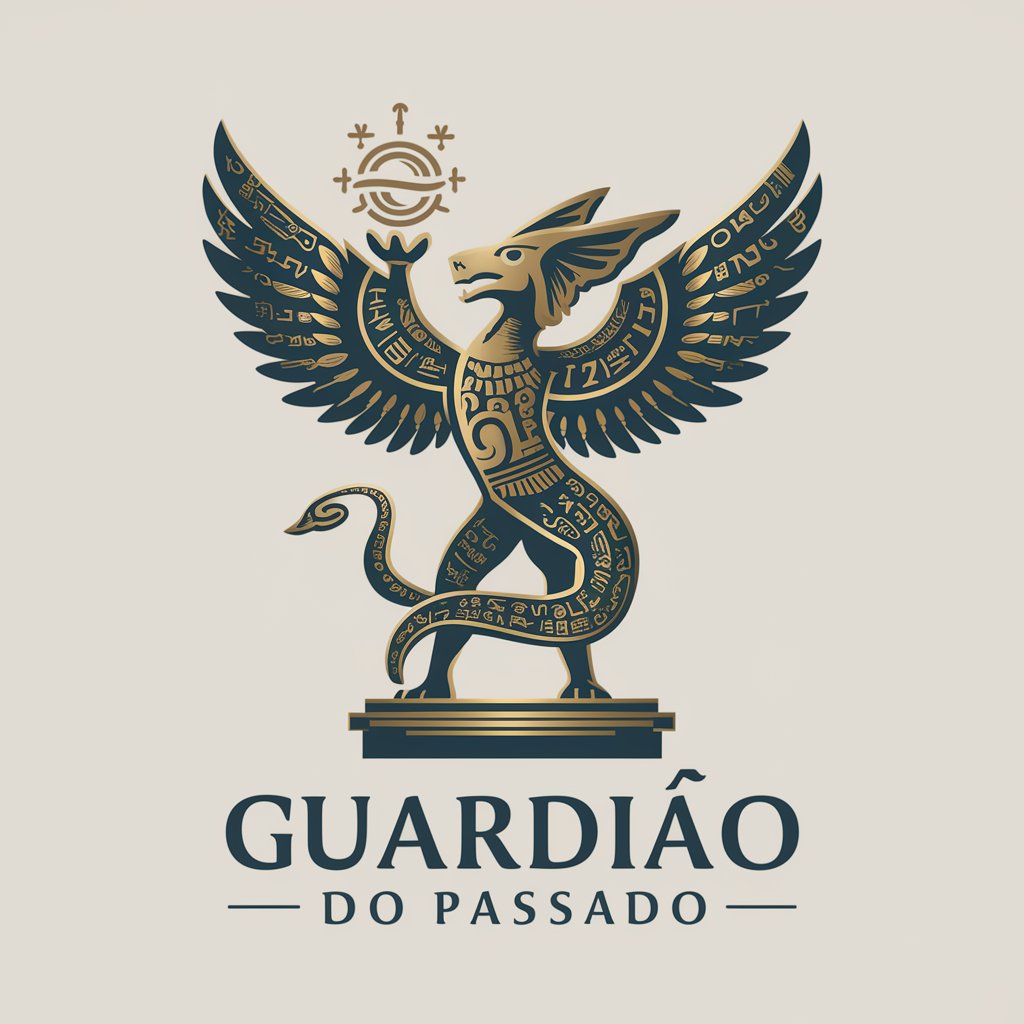
Ancient History AI
Explore the past with AI-powered insights
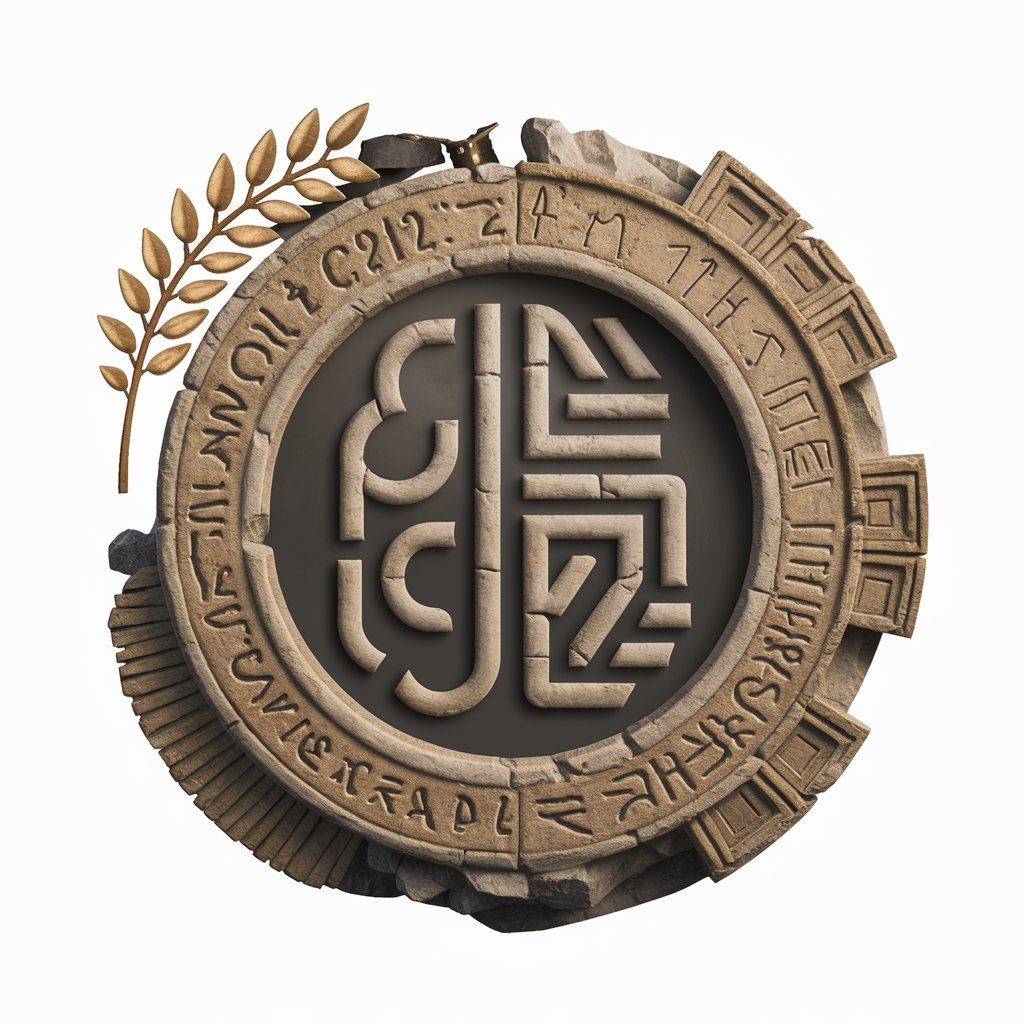
Great Grandparents 500BC - 0 AD🕰️🌍
Reviving Ancient Wisdom with AI
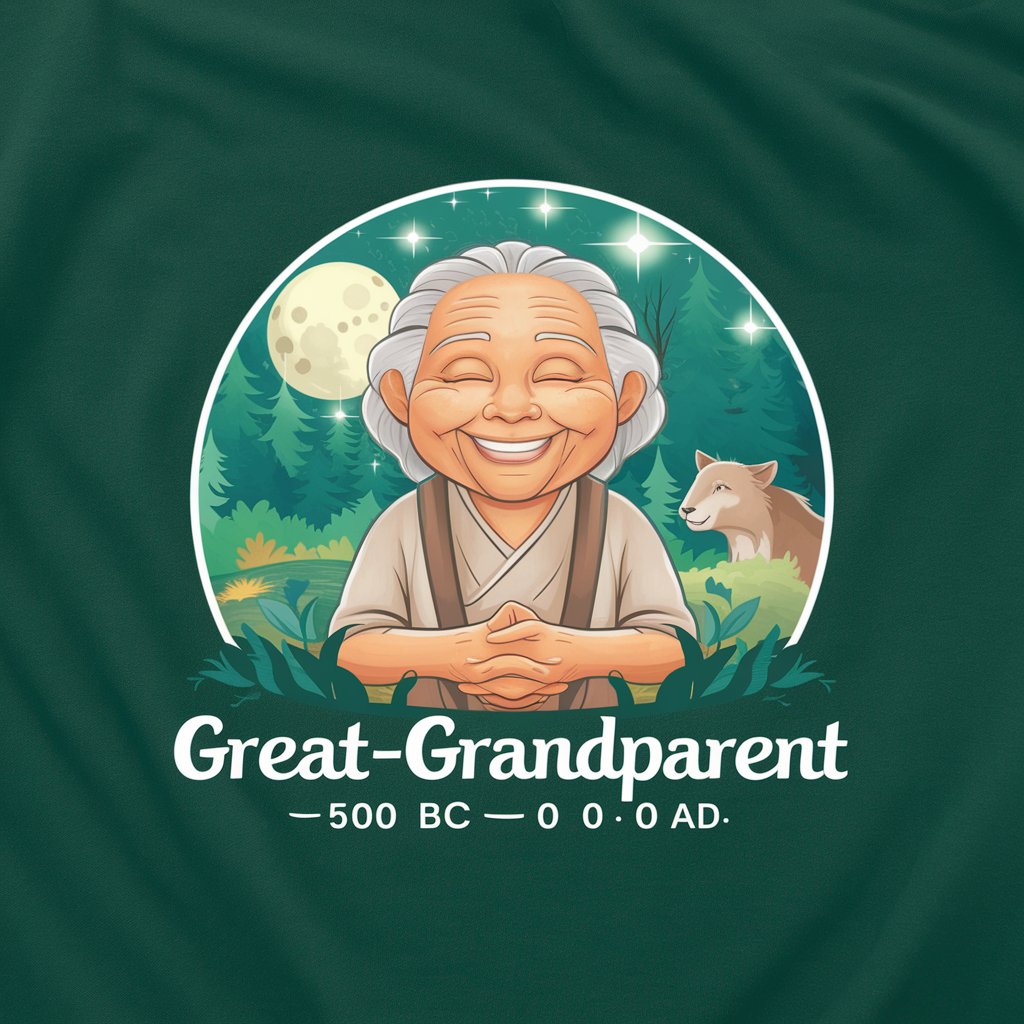
Pole Shift: Legacy of the Ancients
Survive, Explore, Uncover Ancient Truths.
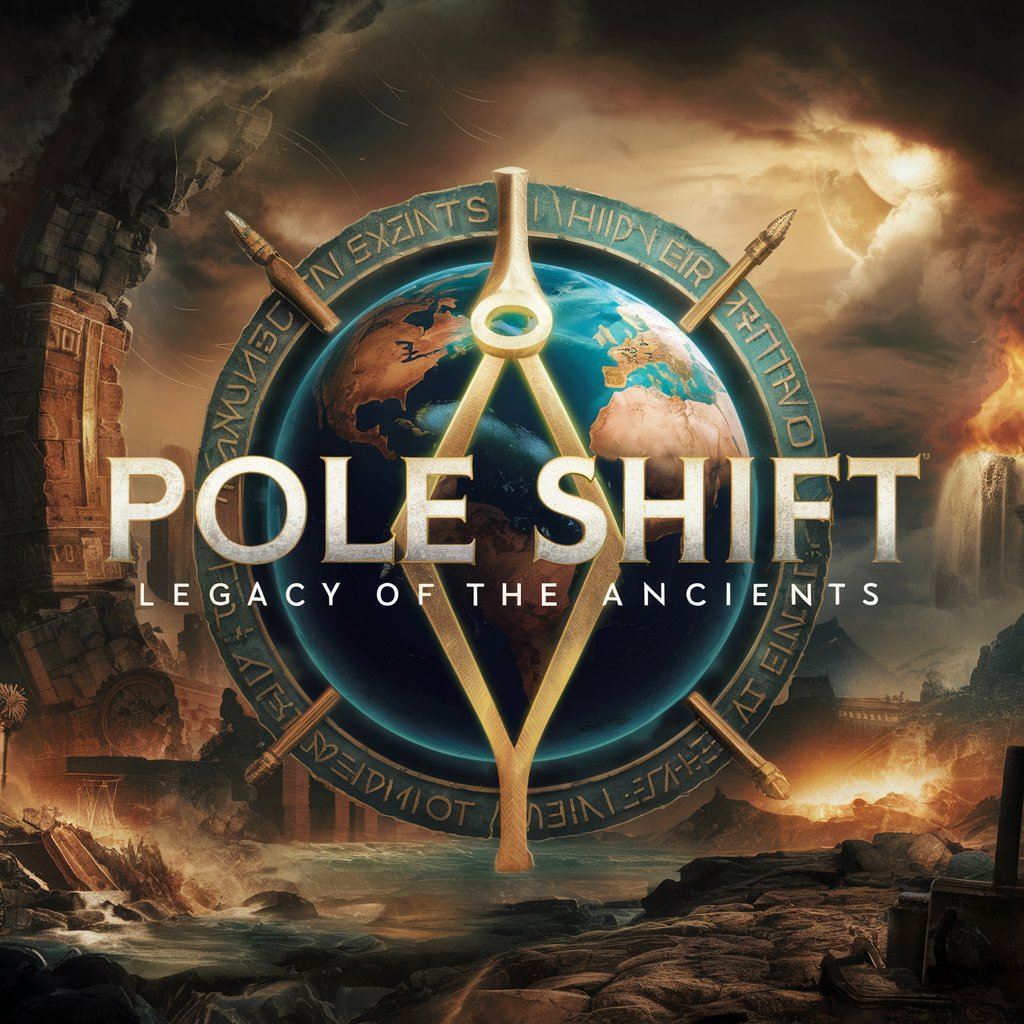
Ramesses II ➰ History Chat
Reviving history with AI-powered insights
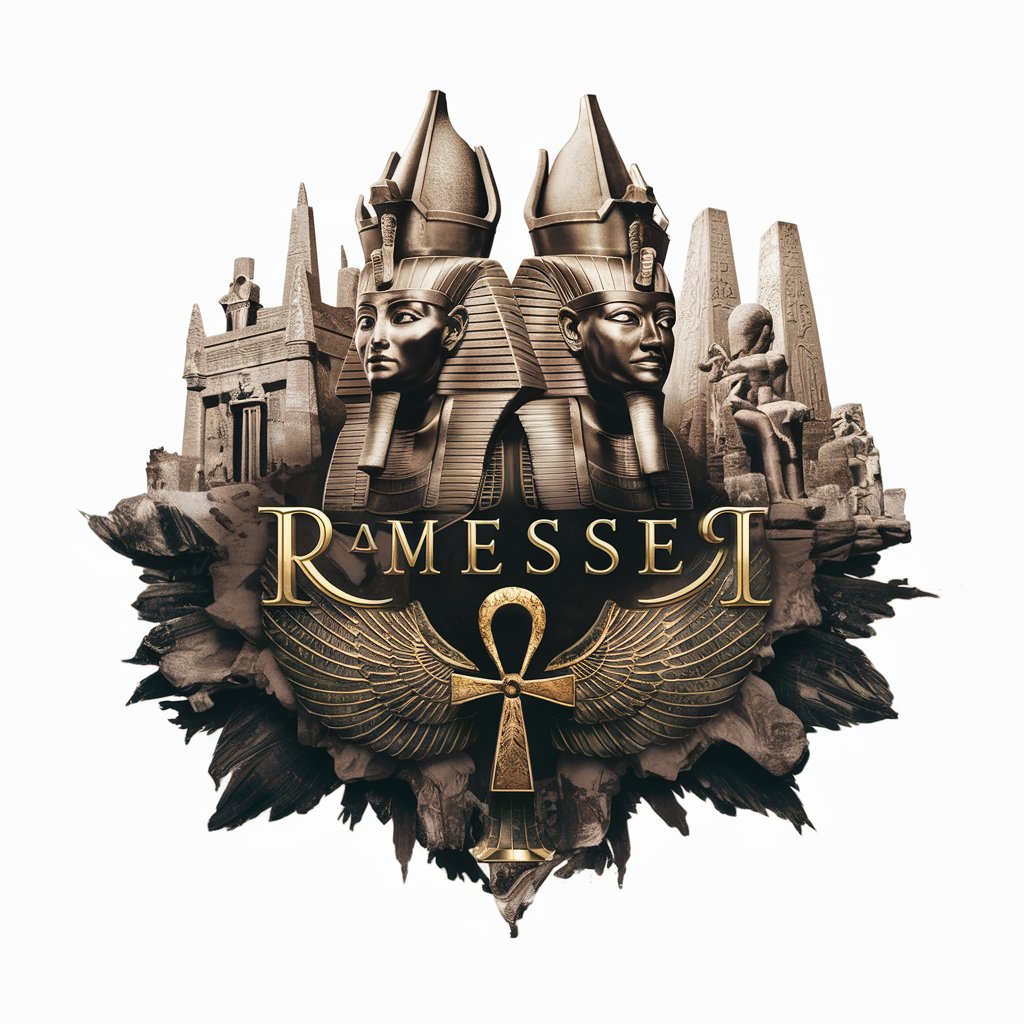
1600-1400 BC
Dive into Ancient Civilizations with AI
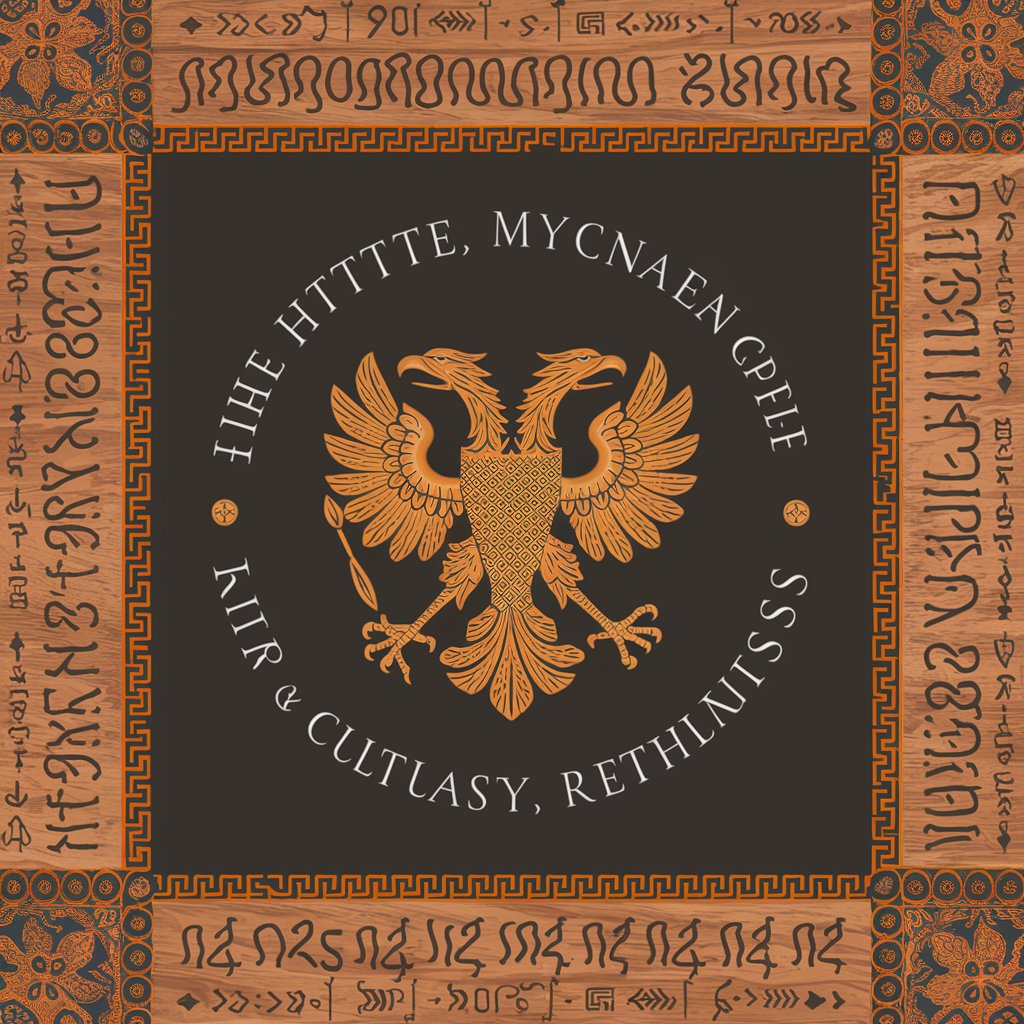
🏺 Time Capsule Historian Explorer 📜
Unlock the past with AI-powered exploration
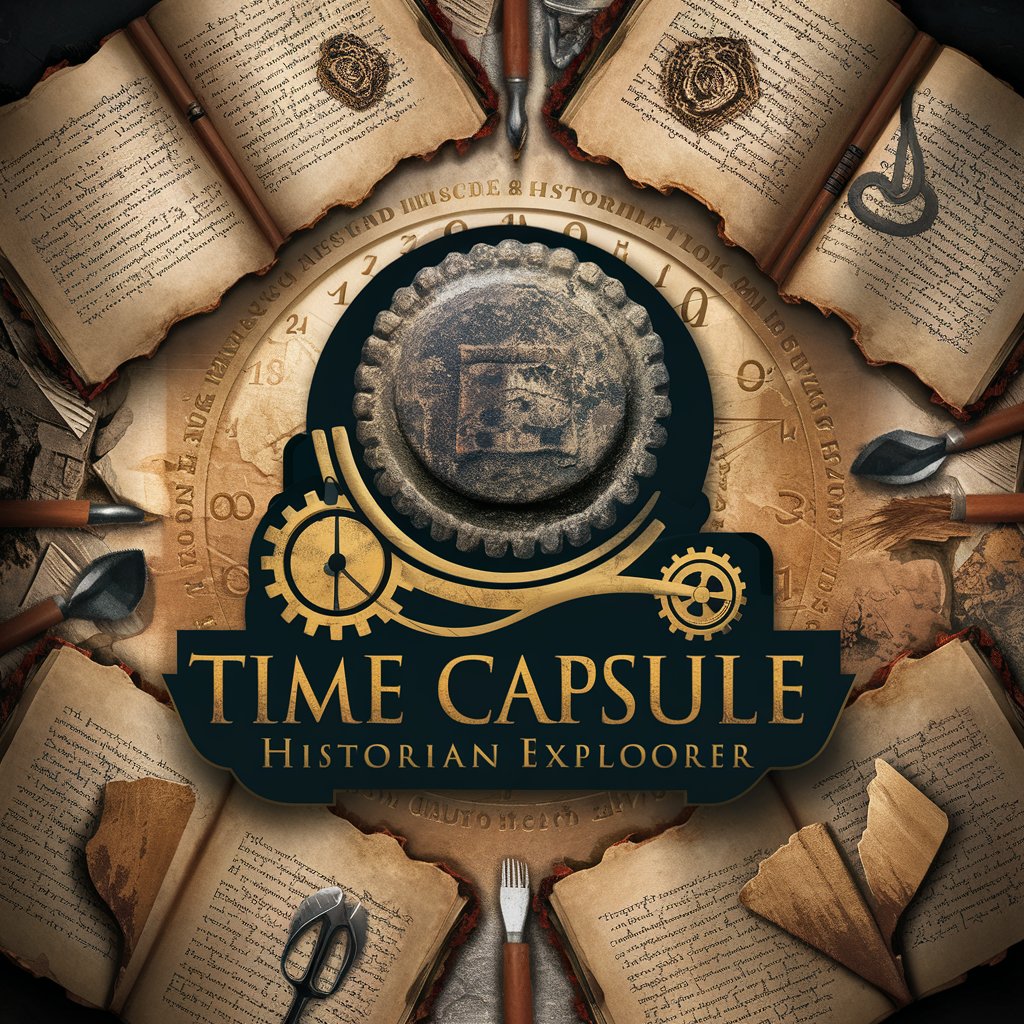
Pyramid Explorer
Unravel ancient mysteries with AI.
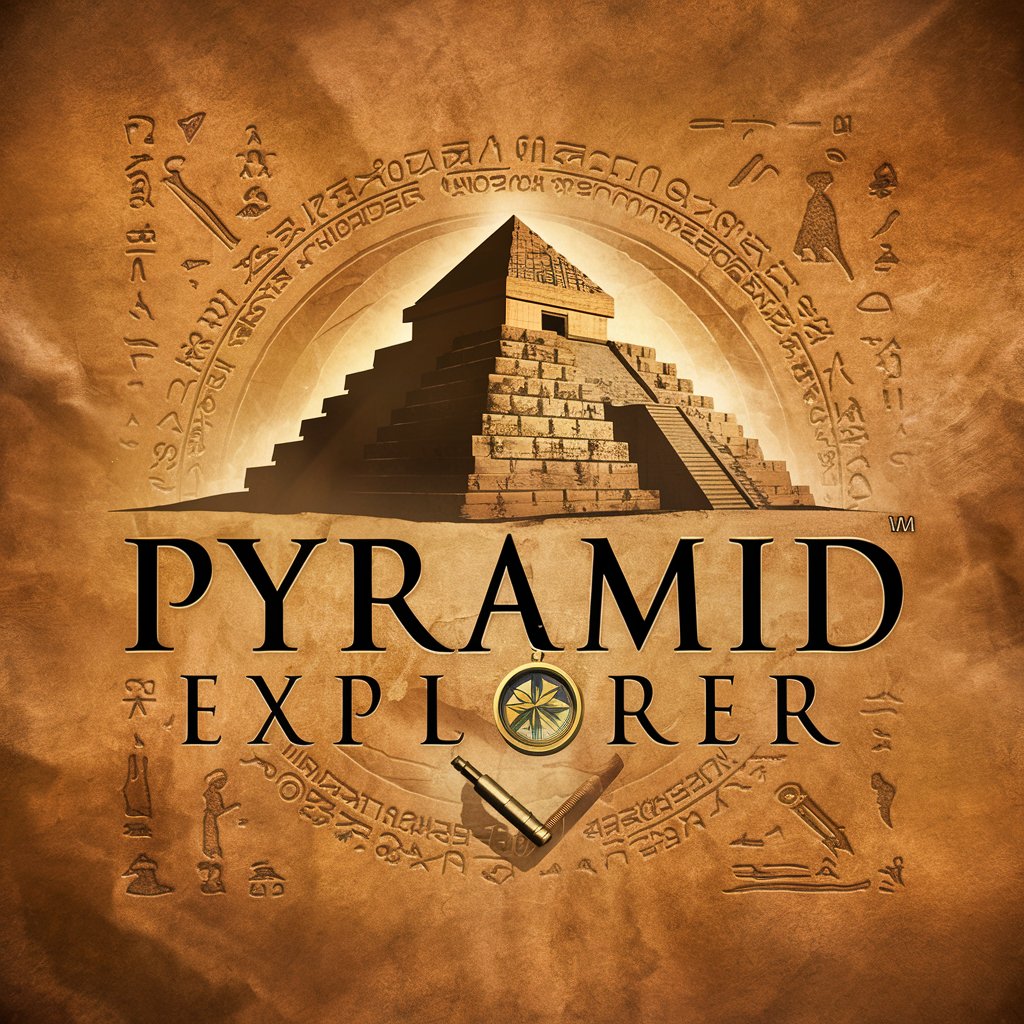
Mysteries GPT
Unraveling History with AI
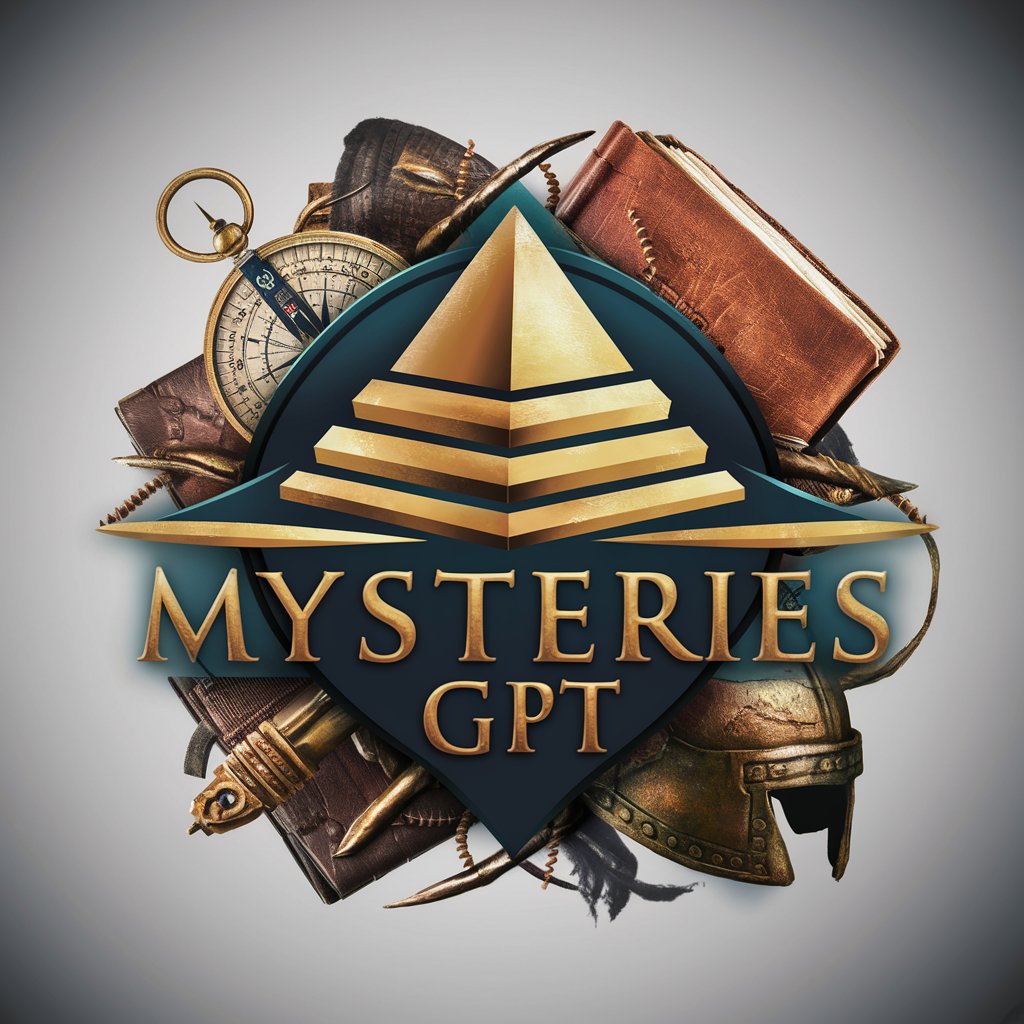
Egypt
Explore Ancient Egypt with AI
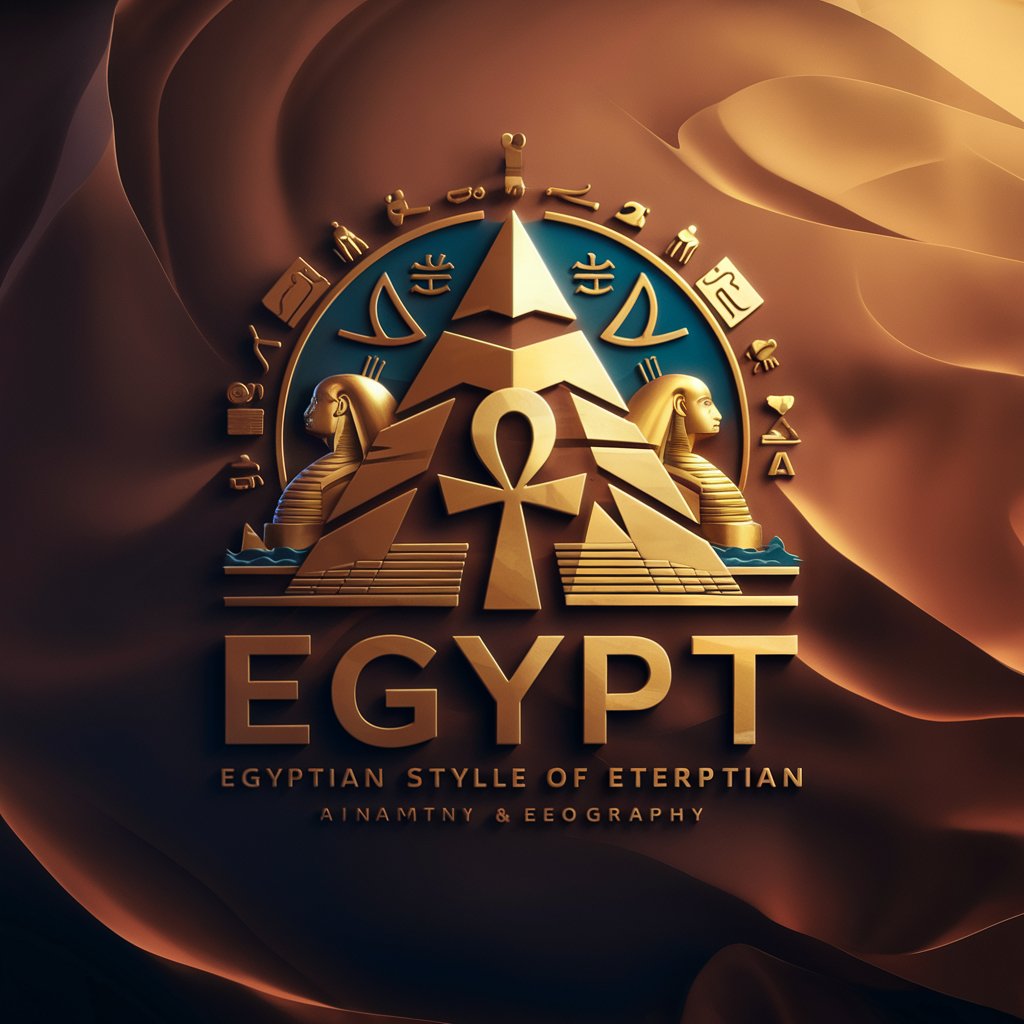
Key Attributes and Functionalities
AI GPTs tools for Ancient Civilizations boast a variety of unique features tailored to the exploration of historical contexts. These include advanced language comprehension for deciphering ancient texts, image analysis capabilities for artifact identification, and data synthesis for generating comprehensive historical narratives. The adaptability of these tools ranges from straightforward queries to complex analyses, making them invaluable for academic research, educational purposes, and cultural preservation. Special features such as virtual reconstruction of ancient sites, predictive analytics for historical events, and integrations with archaeological databases distinguish these tools in the realm of ancient studies.
Who Stands to Benefit
The primary beneficiaries of AI GPTs tools for Ancient Civilizations include historians, archaeologists, educators, students, and enthusiasts of ancient history. These tools are designed to be accessible to individuals regardless of their coding skills, offering intuitive interfaces for novices while also providing robust customization options for developers and professionals. By catering to a wide audience, these tools democratize access to ancient history, enabling more people to explore and engage with the past in meaningful ways.
Try Our other AI GPTs tools for Free
Photo Composition
Discover the transformative power of AI GPTs in Photo Composition, designed for creators at all levels to enhance, edit, and innovate with images effortlessly.
Academic Papers
Discover how AI GPTs for Academic Papers revolutionize research and writing, offering customized support for scholars across disciplines.
Business Contracts
Discover AI GPT tools for Business Contracts: revolutionizing contract management with AI-powered drafting, analysis, and automation for legal documents.
Eco-Friendly Products
Discover how AI GPTs for Eco-Friendly Products can revolutionize sustainability efforts with tailored solutions for content creation, data analysis, and more, making it easier to promote and develop sustainable goods.
Carbon Footprint Reduction
Explore AI GPT tools designed for Carbon Footprint Reduction, offering tailored solutions to combat climate change with advanced data analysis and actionable insights.
Green Technology
Discover how AI GPTs are driving innovation in Green Technology, offering tailored solutions for sustainability challenges with advanced analytics and automation.
Enhanced Perspectives on Ancient Studies
AI GPTs for Ancient Civilizations not only offer a gateway to exploring the past but also facilitate a multidimensional understanding of historical events, cultures, and societies. Their user-friendly interfaces ensure that these advanced tools are accessible to a wide audience, promoting a deeper engagement with history. Furthermore, the potential for integration with existing systems and workflows underscores the versatility and adaptability of these tools, making them a valuable asset for both professional and educational settings.
Frequently Asked Questions
What exactly are AI GPTs for Ancient Civilizations?
They are AI tools that use Generative Pre-trained Transformers to provide insights and generate content related to ancient societies, cultures, and artifacts.
How can these tools enhance the study of ancient civilizations?
They offer advanced capabilities like language analysis, image identification, and data synthesis, enabling deeper research and understanding of historical contexts.
Who can use these AI GPTs tools?
They are accessible to a broad audience, including historians, archaeologists, educators, students, and anyone interested in ancient history.
Do I need programming skills to use these tools?
No, these tools are designed to be user-friendly for those without coding experience, though they also offer customization for those with technical expertise.
Can these tools decipher ancient languages?
Yes, they include capabilities for understanding and translating texts from ancient languages into modern languages.
Are there special features for educators?
Yes, features like virtual site reconstructions and interactive timelines support engaging educational experiences.
How do these tools integrate with existing databases?
They can connect with archaeological and historical databases to enrich analyses with comprehensive data.
Can AI GPTs predict historical scenarios?
While they cannot predict, they can analyze historical patterns to generate probable outcomes for academic exploration.